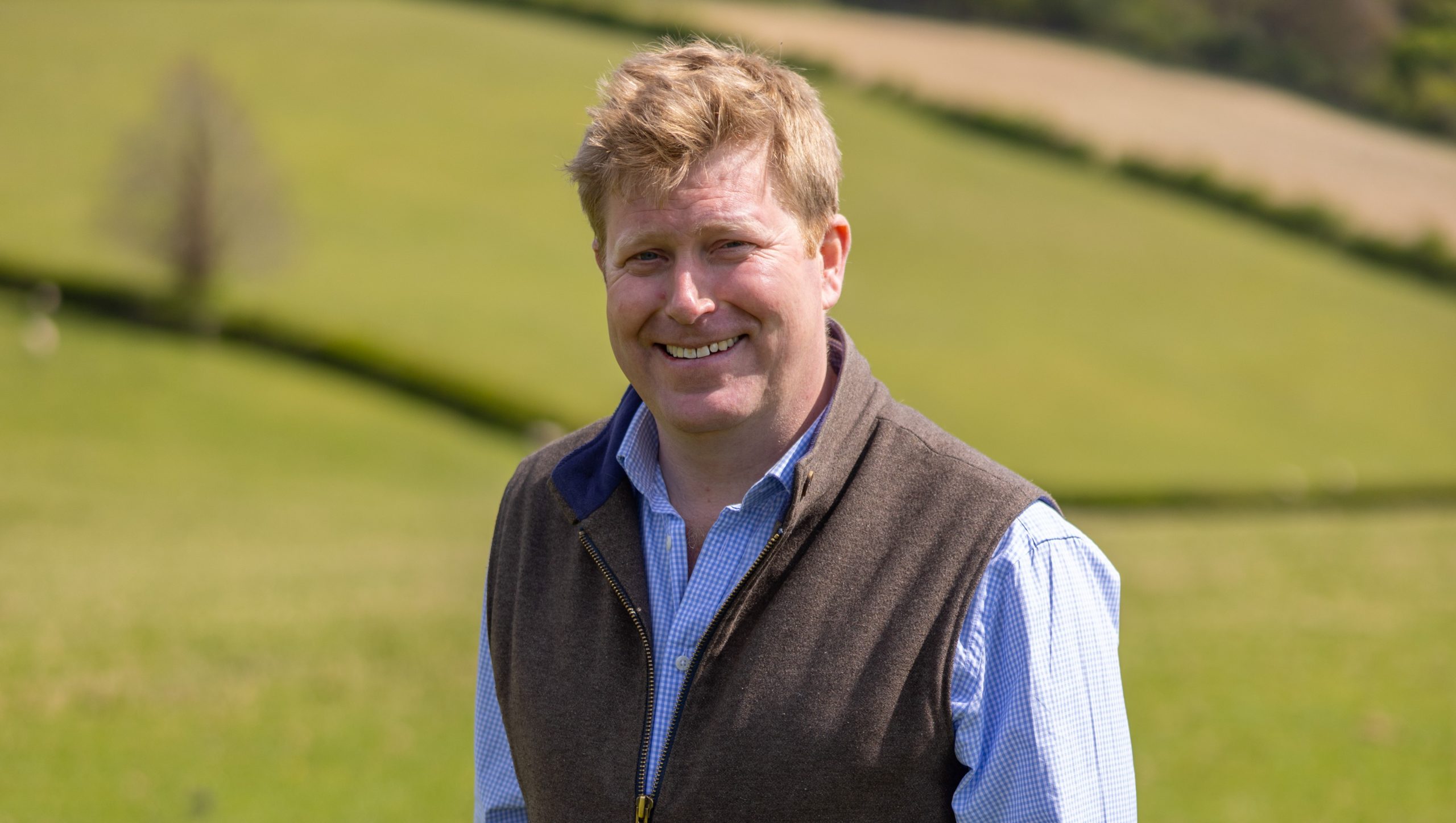The farmland market in England and Wales remains in limbo as the sector braces for the government’s upcoming Budget and the looming introduction of Inheritance Tax (IHT) reforms.
According to the Knight Frank Farmland Index, the average price of bare agricultural land fell by 1.6% during the third quarter of 2025 to £8,719/acre, bringing the annual decline to 6.8%. Over the past five years, however, values remain up 24.5%, and over the last two decades they have risen by 210%.
Market activity has slowed to a near standstill. By the end of September, only around 90,000 acres of agricultural property had been publicly advertised this year, an increase of just 10% on the same period in 2024. Few deals are being struck as both buyers and sellers hold off amid political and fiscal uncertainty.
“We largely find ourselves pretty much in the same place as this time last year, waiting for a Budget,” says Will Matthews, Head of Farms & Estate Sales at Knight Frank. “Everyone’s hoping things can’t get any worse than last year, but a growing number are starting to worry that they possibly could.”
The slowdown follows last year’s announcement by Chancellor Rachel Reeves that Agricultural and Business Property Relief would be reformed from April 2026 in a move that sent shockwaves through the farming and business community. Unless reversed, the changes will leave many farm and estate heirs facing significant IHT liabilities, at a time when profitability across the sector remains under pressure.
“I know that land agents and lawyers are all pretty busy trying to get their clients’ ownership structures improved or passed on, ready for when the new Inheritance Tax reforms kick in next April,” adds Mr Matthews. “But I’ve still not had one phone call from somebody who even wants us to value their farm because of IHT.”
With Labour’s second Budget due on 26th November, and the UK’s fiscal deficit widening, landowners are bracing for the possibility of further tightening. “Given that the polls suggest there is a very real chance Labour might not win the next General Election, and some of the other political parties have already pledged to reverse the IHT changes if they win power, I think a lot of farmers and estate owners will be hoping they can outlast the new tax,” says Mr Matthews.
The bigger question, he suggests, may be what happens next year if the next generation of potential successors decide their future lies elsewhere. “If they decide a future in farming, or indeed the UK, is not for them, there could start to be more sales next year, which will have an impact on average values.”
Despite the subdued mood, prices remain resilient by historical standards. The Knight Frank Farmland Index shows that the current average of £8,719/acre compares with £7,000/acre in 2020 Q3, representing more than a 24% rise in five years. The market remains highly localised, with some competitive bidding still pushing prices higher for well-located parcels of high-quality arable or pasture land.
While further softening in values is possible in early 2026 if more land comes to market post-Budget, Knight Frank expects any downturn to be short-lived. “Farmland has historically followed a pattern of sharp price rises followed by more gradual downturns,” says Matthews. “There is a strong possibility that the IHT changes could be reversed after the next General Election, by which time farmers may well be feeling more confident again.”
The Knight Frank Farmland Index has tracked the value of bare agricultural land since 1944.

